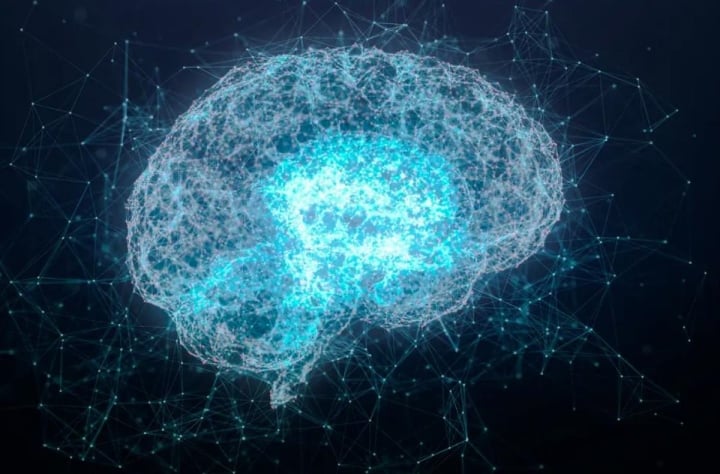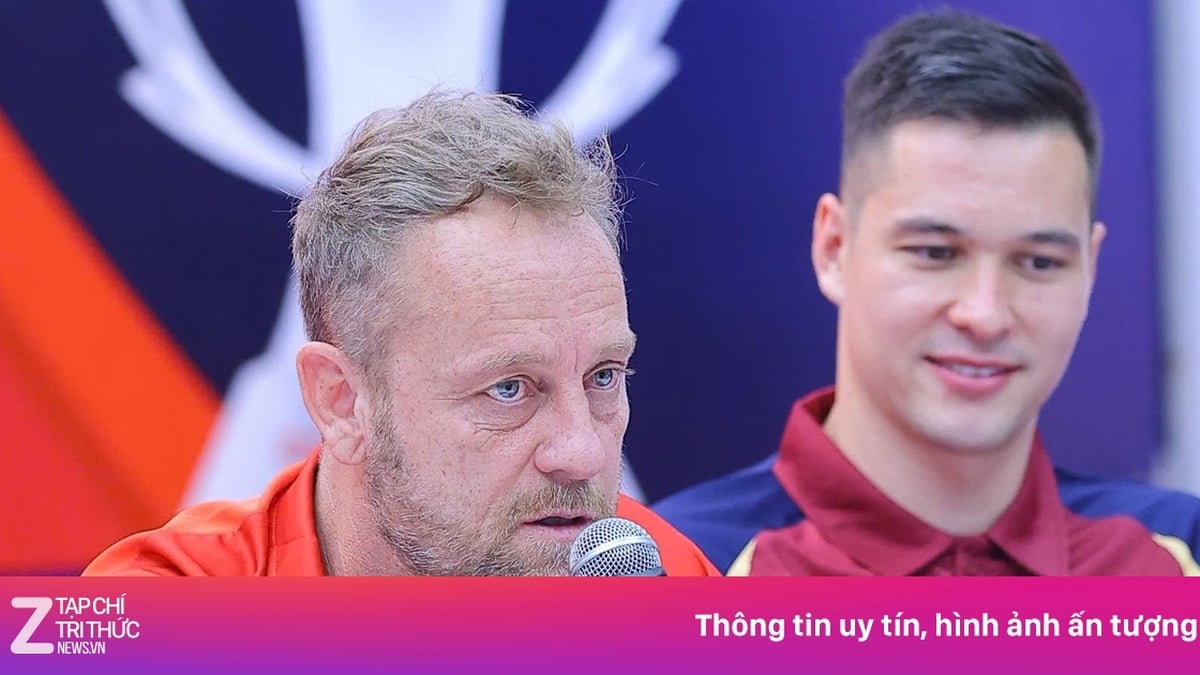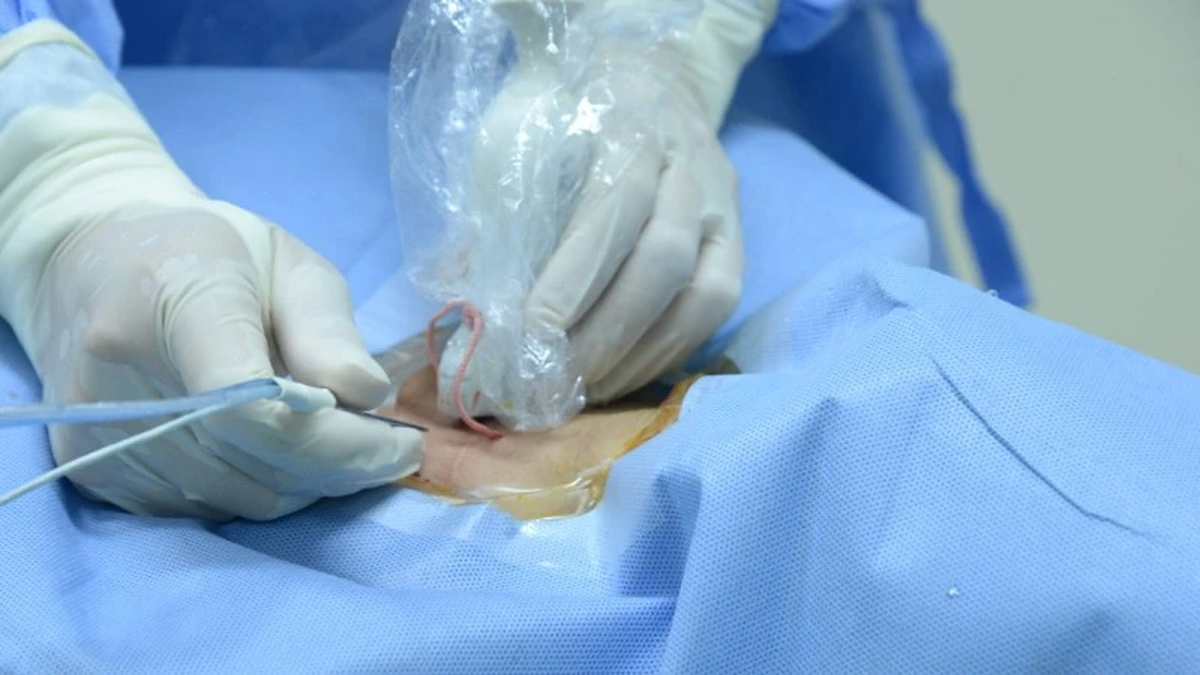This could help explain the strange phenomena many people report during near-death experiences, such as "spirits" leaving their bodies, floating above them or seeing flashes of memories of their lives flash before their eyes, researchers say.

Rarely have scientists recorded human brain activity just before or after death. (Illustration: Getty)
Near-death experiences “challenge our fundamental understanding of the dying brain,” researchers said in a study published last month, making the study crucial in helping to paint a clearer picture of human near-death experiences.
How do scientists measure human brain activity during near-death experiences?
The four patients in the study were all in a coma and had their life support devices removed with their families’ permission. At this point, EEGs measured the patients’ brain activity during cardiac arrest.
Researchers found that two out of four dying patients experienced gamma wave fluctuations — brain activity associated with lucid dreaming and hallucinations — even after their hearts stopped beating, according to the study published in Smithsonian Magazine.
Scientists have long believed that the brain dies at the same time as the rest of the body, but new research suggests that humans retain some level of awareness, such as dreams and out-of-body experiences, after they die, Vice reports.
"The discovery of clear and organized gamma wave activity in the dying brain suggests that near-death experiences are a product of the dying brain as it is activated at the moment of death," said study leader Jimo Borjigin.
This study helps us search for "neural signals of near-death awareness," he said, adding that the "only thing" that could be done better than this study is "to have patients tell stories related to the neural signals detected."
Borjigin has also observed brain activity in previous studies on dying mice, but it is difficult to do this in humans. The scientist aims to collect more data on the brains of dying people to better understand the human experience of death.
Kieu Anh (VOV.VN)
Useful
Emotion
Creative
Unique
Source


































































































Comment (0)